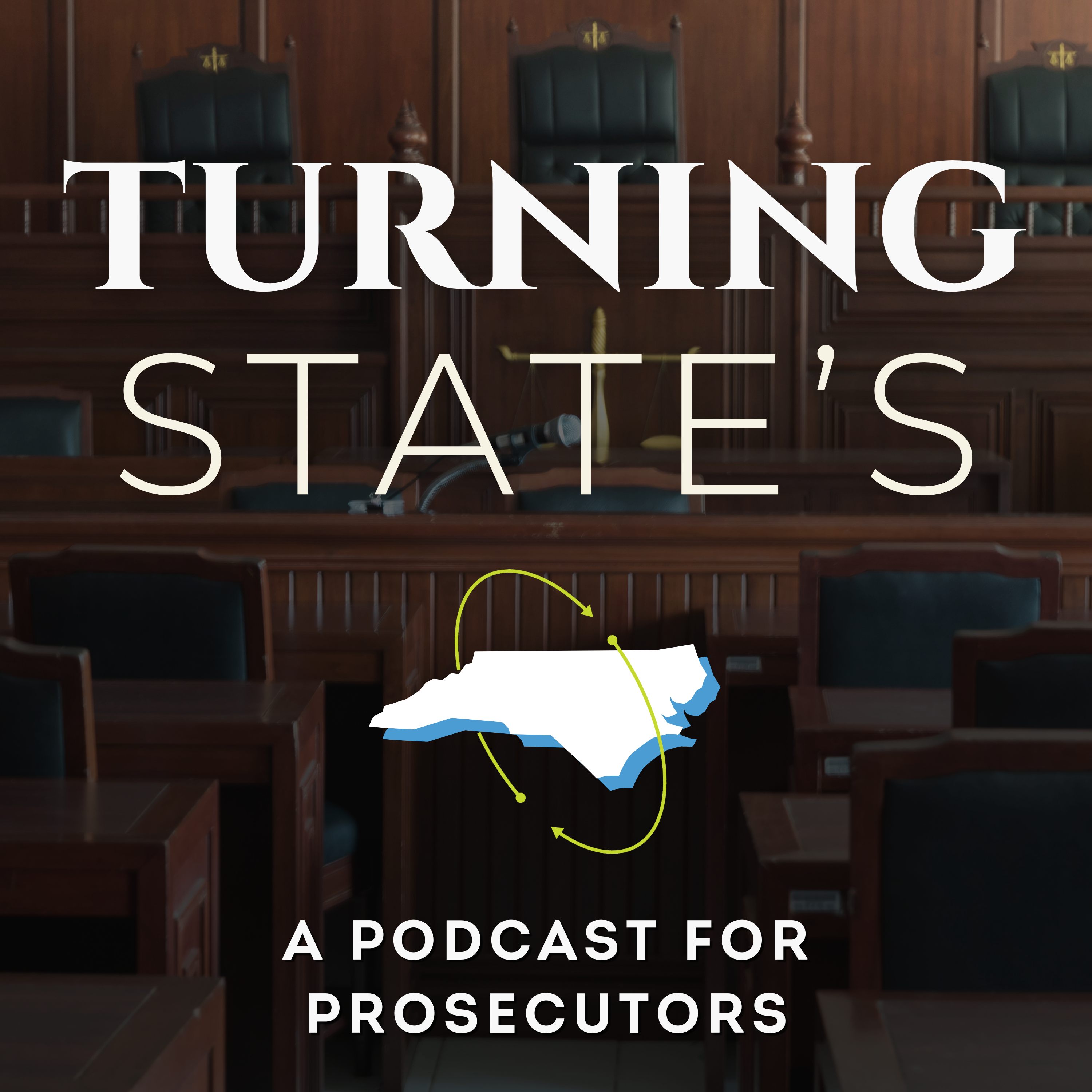There are two different kinds of contempt that judicial officials may impose: civil and criminal. Civil contempt is imposed when a person has not complied with a court order and is a measure to compel the person to do as the order states. For example, if a person does not pay court ordered child support, a judge may find the person in civil contempt and imprison them until they pay as ordered. Civil contempt is not divided between direct and indirect contempt. The failure to comply with a...
NC Criminal Law
With the consent of all parties, the district court may accept guilty pleas to Class H and I felonies. G.S. 7A-272(c).
Each separate offense charged against a defendant must be pled in a separate pleading, or in a separate count within a single pleading. See G.S. 15A-924(a)(2).
A statement of charges, criminal summons, arrest warrant, citation or magistrate’s order may be amended at any time before or after final judgment as long as the amendment does not change the nature of the offense charged. G.S. 15A-922(f).
When a conviction or sentence imposed in superior court has been set aside on direct review or collateral attack, a judge may not impose a new sentence for the same offense, or for a different offense based on the same conduct, that is more severe. G.S. 15A-1335.
A court may permit a defendant who moves to withdraw a guilty plea after sentencing to withdraw the plea only when it is necessary to avoid manifest injustice.
- 1 of 12
- Next ›
